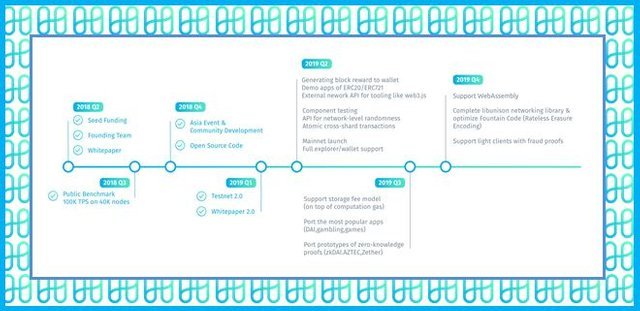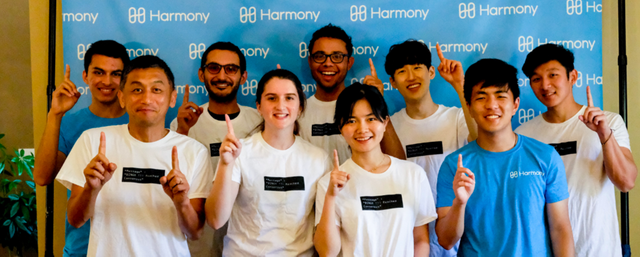What is Harmony?
Harmony is the next generation blockchain powered by sharding and it is provably secure, fully scalable and energy efficient. Harmony is a consensus platform designed with the unique features of low-latency, high-throughput and low-cost needed to scale trust for billions of people and power decentralized economies in the nearest future. Harmony combines the best engineering practice and research results under the most favorable or desirable tuned system to skillfully manage and provide solutions to the problems of existing blockchains. Harmony will provide full support for applications that can not previously be done in practice on the blockchain, including interactive fair games, Internet-of-Things transactions, high-volume decentralized exchanges and Visa-scale payment systems.

Harmony constructs an open commercial center at Google-scale for the decentralized economy. This venture aims to give an agreement convention over the open Internet at 10 million exchanges for every second with 100-millisecond idleness and at most 0.1% expense.
The world is adapting, big capitals and powerful investors are getting more and more involved in the crypto world. It is an avalanche of people, companies, corporations and even governments that test the blockchain platform.
And just as an avalanche is a problem for mountaineers, the avalanche of users and with them the avalanche of transactions creates a problem for blockchain networks. The demands increase, cyber attacks are becoming stronger and the blockchain must be up to the satisfaction of users.
The mainnet of Harmony which had 600 nodes happens to be the first fully sharded POS blockchain, and was launched on the 28th of June. Its large number of nodes made it one of the top 15 networks that is decentralized. Harmony looks forward to making an addition of 4 shards with 400 nodes each, making it a total of 1600 nodes in the phase 2 version of its mainnet. A token swap to the native ONE token, alongside the token transfers and staking smart contract will also be included in the Phase 2 of Harmony's mainnet.
A report given out by Binance in the Binance DeFi Report made it known to us that DeFi has become one of the most popular use-cases of the Etherium network. DeFi is composed mainly of cryptocurrency lending and borrowing, and as a result, there is utmost need for high transaction throughput. The issues of scalability hits Etherium again in this case, as the transaction speed of Etherium network is not capable of keeping up with the demand of DeFi. There is no chance of this getting any better as the industry continues to grow. Full support can be efficiently and securely provided to the growing needs of DeFi industry by Harmony. By implementing Harmony's sharding, they are able to tolerate significant increases in throughput as the demand of a project rises, making sure that their infrastructure won't cause any part of the process to be too slow or cumbersome.
Use Cases
Concordance utilizes blockchain to adjust impetuses of various partners, designers and organizations while enabling them to fabricate open commercial centers of fungible and non-fungible tokens and resources. Besides, the forthcoming use of zero-learning verifications will enable Harmony to turn into an information sharing stage that can beat the clashing issue tormenting numerous data and information advertises: that individual market members' have common doubt to share information however powerful urge to get information themselves.
There are other projects that use fragmentation technology but Harmony creates a special synergy between speed and fair consensus, thanks mainly to its fragmented PoS system.
Harmony not only focuses on the aspect of transactions made per second, but also places great importance on the number of nodes that participate in the decentralized blockchain network.
Roadmap

The Dream Team

More Information and Resources
https://harmony.one/